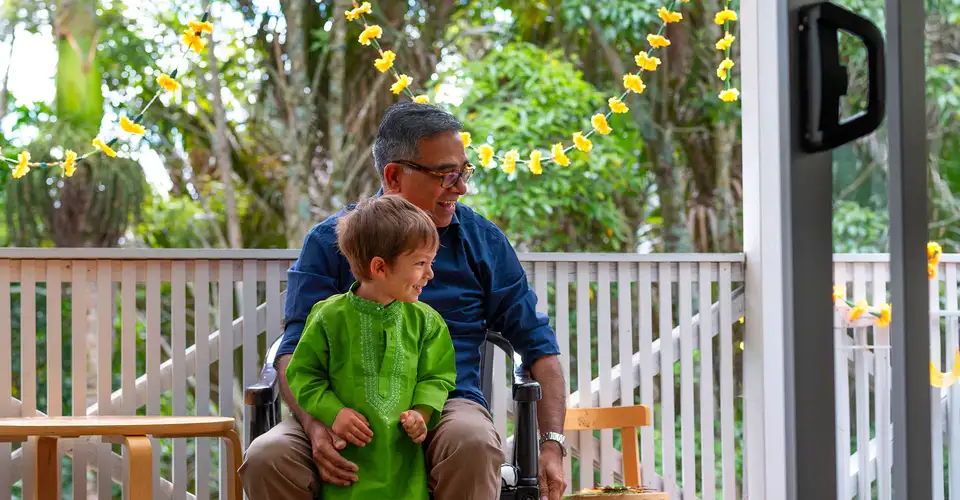-
1Tahi
Abusing a power of attorney
A power of attorney gives a trusted person control over someone’s assets and allows them to make financial decisions on their behalf. Abuse can occur if they use this power to take a person’s assets or money for themselves.
-
2Rua
Pressure, threats and intimidation
This doesn't have to be physical, it can also be an emotional form of intimidation. Someone might try to force or coerce an older person to sign over ownership of assets, give them power of attorney, or make them a beneficiary of their will. The pressure may be physical, emotional or both.
-
3Toru
Fraud and scams
Fraud and scams can take many forms, and are often targeted at older, more vulnerable people. Scams have become increasingly sophisticated over the years and can range from someone pretending to be from a phone company or a bank and requesting password information, to fraudsters playing the long game, who strike up an online conversation with someone and build a relationship over time, before building up to asking for money. Find out more about scams and ways to keep yourself or your loved ones safe.
-
4Whā
Abusing family agreements
Families sometimes make decisions that seem like they're in everyone's best interest, and - because it's family - they don't bother getting anything in writing. For example, loaning money without any legally binding repayment schedule. These agreements can unintentionally create various risks of abuse if relationships turn sour, someone's circumstances change and they're no longer able to make repayments, or if they simply decide that paying Mum and Dad back isn't a priority.
-
5Rima
Improper use of funds
Someone might be lawfully able to access an older person's account - say through a power of attorney - but then use their money for purposes they haven't agreed on. For example, a carer could purchase things for themselves when buying groceries for the person in their care.
-
6Ono
Theft
Older people are particularly vulnerable to theft, especially if they have carers or need help around the house.
-
7Whitu
Inheritance impatience
Sometimes adults feel entitled to an ageing relative’s assets. For example, rather than seeing their parents' money or assets as something their parents should be using to make life more comfortable or enjoyable, they see it as their inheritance. This mindset means they think they can take money out of their parents' bank account, or transfer assets into their own name and they don't see it as stealing, instead they see it as accessing their inheritance early.
-
8Waru
Guarantors gone wrong
Often parents will help adult children buy a house or start a business by being a guarantor to a loan. In some cases, this can create situations where the parents might lose their home, despite there being no bad intent. Getting independent advice before entering into an agreement like this is really important, so that everyone is aware of the risks. If a relative tries to pressure someone into guaranteeing a loan or debt, then an independent adviser - or even a different family member or friend - could help them withstand this pressure and help put safeguards in place.
-
9Iwa
Failure to provide promised care
Sometimes even well-intentioned arrangements can turn sour. For example, maybe a family member agrees to provide care for an older relative in exchange for payment. But down the track, the family member stops providing a decent level of care, either due to their own circumstances changing, a breakdown in relations, or just losing interest. Stopping payments could be emotionally, or even physically, difficult for the elderly relative.
-
10Tekau
Emotional blackmail
Emotions and money can be tricky to separate, especially when family relationships are on the line. Emotional blackmail can be subtle. It could be an adult child demanding money from his or her parents and then not talking to them if they refuse, or it could be adult children restricting access to grandchildren if they don't get a loan or handout that they want.
If you suspect abuse

If you, or someone you love, is being subjected to any of this behaviour talk to us about how we can help. See what steps you (or your loved one) can take to combat financial abuse and see what other resources are out there to help people who are being financially abused. To get in touch with us, call us on 0800 11 33 55 or visit your nearest Kiwibank.